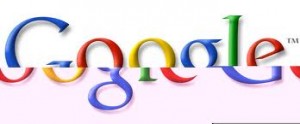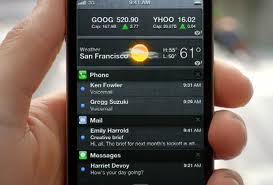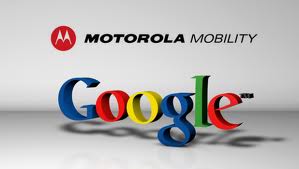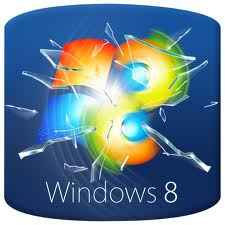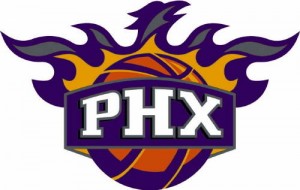Users to have select rights about when and how data is collected
With growing reports of data harvesting from people’s accounts with and without permission coming out in a constant stream, and many major on-line players only paying lip service to the idea of individual privacy it now looks like state and Federal Governments will intervene to differing degrees.
From California to Federal level efforts are now being made to rein in the app developers and afford a level of privacy, or at least provide upfront information about information sharing policies prior to purchase and installation.
On the Federal level the Obama administration has proposed Consumer Privacy Bill of Rights, a seven point proposal that will seek to dramatically increase the privacy of users of the Internet that seeks to protect Americans’ privacy as they use the internet.
The core of the Bill of Rights has seven points:
INDIVIDUAL CONTROL: Consumers have a right to exercise control over what personal data companies collect from them and how they use it.
TRANSPARENCY: Consumers have a right to easily understandable and accessible information about privacy and security practices.
RESPECT FOR CONTEXT: Consumers have a right to expect that companies will collect, use, and disclose personal data in ways that are consistent with the context in which consumers provide the data.
SECURITY: Consumers have a right to secure and responsible handling of personal data.
ACCESS AND ACCURACY: Consumers have a right to access and correct personal data in usable formats, in a manner that is appropriate to the sensitivity of the data and the risk of adverse consequences to consumers if the data is inaccurate.
FOCUSED COLLECTION: Consumers have a right to reasonable limits on the personal data that companies collect and retain
ACCOUNTABILITY: Consumers have a right to have personal data handled by companies with appropriate measures in place to assure they adhere to the Consumer Privacy Bill of Rights.
While this is only a guideline it is being proposed as a regulation that would be administered by the Federal Trade Commission after details of each of these is worked out. The White House has said that it will be working with industry groups and web app developers and publishers on this issue.
In at least one case a state is simply enforcing privacy standards that are on its books. In California the State Attorney General Kamala Harris has announced a deal with the state’s six largest mobile web app providers.
The companies, Apple, Google, Hewlett-Packard, Microsoft, Research-in-Motion and Amazon, which according to Harris account for 95% of all mobile apps distributed worldwide, must now adhere to the California Online Privacy Protection Act that was passed in 2004.
Under the agreement, the companies will place prominent and easy to understand privacy disclosures before a user downloads an app. The push will cover both app developers as well as the larger players such as Apple that distribute the apps.
A lot of players have a vested interest in this. Google and Facebook are massive data harvesters and in a number of ways they will remain unaffected. However Google’s recent move to change its privacy policies looks like one of the many events that have helped quickly push this to the forefront.
Another issue was the discovery that a number of apps were downloading users’ cell phone contacts and address books without clearly letting the user know that they were losing that information.
